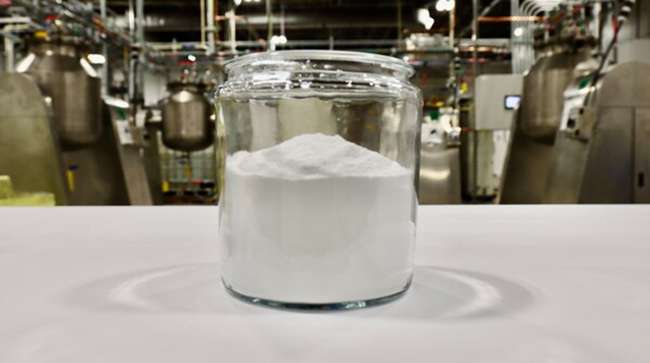The Atlanta Journal-Constitution
Recycler to Be First US Supplier of Key EV Battery Component

[Stay on top of transportation news: Get TTNews in your inbox.]
A company that recycles electric vehicle battery components in metro Atlanta will mark a huge milestone next year.
Ascend Elements said it will start to market lithium carbonate, a key component in EV batteries, that it has been able to recycle and refine at its Covington, Ga., facility. The company said it marks the first time a U.S. company has been able to produce the compound on American soil without mining it from the earth, a key part of onshoring the EV battery supply chain.
“This new domestic supply of a critical battery material will help U.S. industries meet growing demand while avoiding the possibility of tariffs on imported materials,” Eric Gratz, co-founder and chief technology officer of Ascend Elements, said in a release.
Founded nearly a decade ago in Massachusetts, Ascend Elements opened a recycling facility about an hour east of Atlanta in 2022. It’s one of the largest recycling facilities for lithium-ion battery packs in North America, capable of breaking down 30,000 metric tons of batteries per year.

A worker at Ascend Elements' lithium ion battery recycling plant. (Arvin Temkar/The Atlanta Journal-Constitution via Tribune News Agency)
Packaged electric battery cells — often called jelly rolls — are shipped to the plant where they get broken down and shredded. The resulting powder — called “black mass” — is then shipped to the company’s headquarters in Massachusetts and converted into new EV battery components known as cathodes.
The recycling process also results in multiple compounds as byproducts, some of which are rare and difficult to produce at a commercial scale. Next year, Ascend Elements said it will sell lithium carbonate from its refinery, aiming to produce up to 3,000 metric tons each year.
Lithium carbonate is used to make advanced batteries that go in grid-scale energy storage systems and vehicles, including EVs, boats and aircraft. Aside from imports, a mining operation is Nevada is the only domestic source of lithium carbonate.
Once on the road, EVs are far cleaner than internal combustion vehicles. Unlike conventional cars and trucks that are powered by burning fossil fuels, EVs produce no tailpipe emissions of planet-warming greenhouse gases. But EV battery manufacturing relies on so-called rare earth minerals like lithium and cobalt that are mined, often overseas, and have triggered significant pollution and human rights concerns. The battery supply chain today is also controlled largely by China, a fierce geopolitical and economic rival.
Want more news? Listen to today's daily briefing above or go here for more info
Gratz said his company’s recycling process releases about 86% less carbon compared to mining and 37% lower than brine extraction, which involves pumping saltwater to evaporation ponds to concentrate lithium. The company said those comparisons are preliminary and from a life cycle assessment that has not yet been critically reviewed.
Georgia has intertwined its economy with the burgeoning EV and battery production industries, recruiting a pair of multibillion-dollar electric vehicle plants, dozens of parts suppliers to support those factories and several facilities across the battery supply chain.
Since 2018, Georgia has announced 53 EV and battery projects that combine for $27.3 billion in investment and more than 32,000 anticipated jobs, according to the Georgia Department of Economic Development.
Distributed by Tribune Content Agency, LLC




